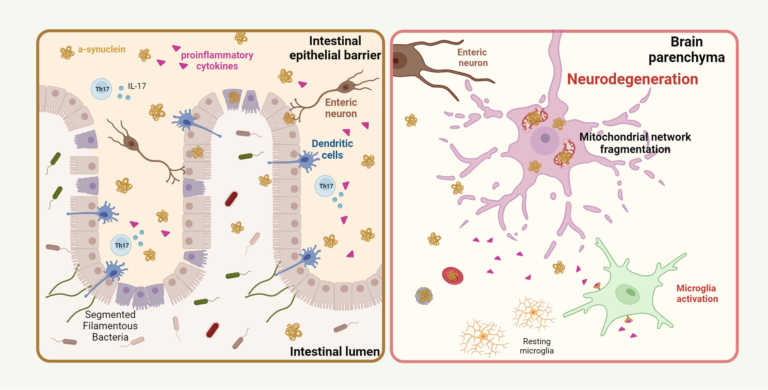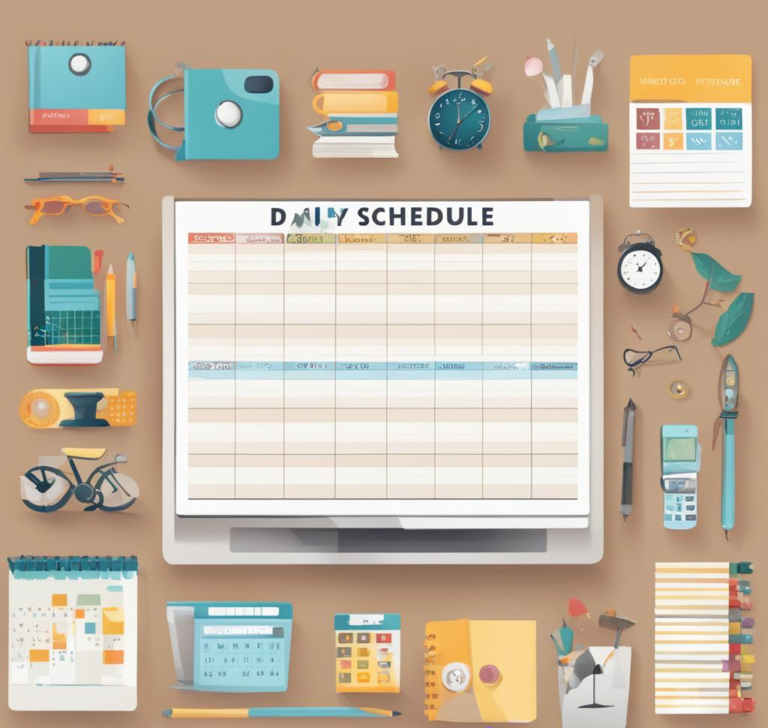Your Best Self is Waiting: Unleash Your Inner Power

Introduction
Have you ever felt like there’s a version of yourself just waiting to be discovered? The journey to becoming your best self isn’t about changing who you are; it’s about unleashing the inner power that’s already within you. In this article, we’ll explore practical steps to help you tap into your full potential and become the person you’ve always aspired to be.
Understanding Self-Potential
What is Self-Potential?
Self-potential refers to the inherent abilities and qualities that each individual possesses. It’s the unique combination of talents, strengths, and capabilities that define who you are. Unlocking your self-potential means recognizing and nurturing these qualities to achieve personal growth and fulfillment.
The Psychology Behind Self-Potential
Psychologists believe that everyone has the capacity for growth and self-improvement. The key lies in understanding your potential and taking deliberate steps to develop it. This involves self-awareness, setting goals, and maintaining a positive mindset.
Identify Your Strengths and Weaknesses
Conducting a Self-Assessment
The first step in unleashing your inner power is understanding your strengths and weaknesses. Conduct a self-assessment to identify areas where you excel and areas that need improvement. This can involve reflecting on past experiences, seeking feedback from others, and using self-assessment tools.
Leveraging Your Strengths
Once you’ve identified your strengths, find ways to leverage them in your personal and professional life. Focus on tasks and activities that allow you to utilize your strengths, as this will boost your confidence and motivation.
Addressing and Improving Weaknesses
Acknowledge your weaknesses and take proactive steps to improve them. This might involve seeking additional training, practicing new skills, or changing your approach to certain tasks.
Set Clear and Achievable Goals
The Importance of Goal Setting
Setting clear and achievable goals is crucial for personal growth. Goals provide direction, motivation, and a sense of purpose. They help you stay focused and track your progress.
How to Set SMART Goals
Use the SMART criteria to set Specific, Measurable, Achievable, Relevant, and Time-bound goals. This approach ensures that your goals are well-defined and attainable, increasing your chances of success.
Develop a Growth Mindset
Fixed vs. Growth Mindset
A fixed mindset believes that abilities and talents are static, while a growth mindset believes that they can be developed through effort and learning. Embracing a growth mindset is essential for personal development.
Cultivating a Growth Mindset
Challenge yourself to see failures and setbacks as opportunities for learning and growth. Focus on the process rather than the outcome, and celebrate your efforts and progress.
Practice Self-Compassion
The Role of Self-Compassion in Personal Growth
Self-compassion involves treating yourself with kindness and understanding, especially during difficult times. It’s an important aspect of personal growth, as it allows you to recover from setbacks and continue striving toward your goals.
Techniques for Practicing Self-Compassion
Practice positive self-talk, forgive yourself for mistakes, and prioritize self-care. Remind yourself that everyone makes mistakes and that these experiences are opportunities for growth.
Embrace Challenges and Take Risks
The Benefits of Stepping Out of Your Comfort Zone
Growth occurs when you step out of your comfort zone and embrace challenges. Taking risks can lead to new opportunities and experiences that help you grow and develop.
Strategies for Embracing Challenges
Start with small challenges and gradually take on bigger risks. Surround yourself with supportive people who encourage you to step out of your comfort zone.
Create a Positive Routine
The Power of Daily Habits
Daily habits play a significant role in shaping your life. Positive routines can help you stay focused, productive, and motivated.
Building a Routine that Supports Your Goals
Identify habits that align with your goals and incorporate them into your daily routine. This might include exercising, meditating, reading, or setting aside time for personal reflection.
Stay Consistent and Persistent
The Importance of Consistency in Achieving Goals
Consistency is key to achieving your goals. It’s about making steady progress and maintaining your efforts over time.
Tips for Maintaining Persistence
Break your goals into smaller, manageable steps, and celebrate your progress along the way. Stay motivated by reminding yourself of the reasons behind your goals and the benefits of achieving them.

Surround Yourself with Positive Influences
The Impact of Your Environment
Your environment significantly impacts your mindset and motivation. Surrounding yourself with positive influences can inspire and encourage you to strive for your best self.
How to Find and Connect with Positive Influences
Seek out mentors, join supportive communities, and build relationships with people who uplift and motivate you. Engage in activities and environments that promote positivity and growth.
Practice Mindfulness and Meditation
Benefits of Mindfulness
Mindfulness helps you stay present and focused, reducing stress and enhancing your overall well-being. It allows you to appreciate the moment and make conscious decisions.
Easy Ways to Incorporate Meditation into Your Life
Start with short meditation sessions, focusing on your breath and clearing your mind. Use guided meditation apps or videos to help you get started and stay consistent.
Continue Learning and Growing
The Importance of Lifelong Learning
Lifelong learning keeps your mind active and engaged, fostering personal and professional growth. It helps you stay adaptable and open to new opportunities.
Resources for Continuous Growth
Take advantage of online courses, workshops, books, and podcasts to expand your knowledge and skills. Stay curious and seek out new learning opportunities regularly.
Maintain a Healthy Lifestyle
The Connection Between Physical and Mental Health
A healthy lifestyle supports both your physical and mental well-being. Good nutrition, regular exercise, and adequate sleep are essential for optimal brain function and mood.
Tips for a Balanced Diet and Regular Exercise
Incorporate a variety of nutrient-rich foods into your diet, such as fruits, vegetables, lean proteins, and whole grains. Find physical activities you enjoy and make them a regular part of your routine.
Celebrate Your Progress
Recognizing and Celebrating Small Wins
Celebrating your progress, no matter how small, reinforces positive behavior and keeps you motivated. It’s important to acknowledge your achievements and take pride in your journey.
How to Reflect on Your Journey
Regularly reflect on your goals and the progress you’ve made. Consider keeping a journal to document your achievements and the lessons you’ve learned along the way.
Conclusion
Unleashing your inner power is a continuous journey of self-discovery and growth. By embracing these practices, you can unlock your full potential and become the best version of yourself. Remember, your best self is waiting—you have the power to make it a reality.
FAQs
- How long does it take to see changes when trying to unleash your inner power?
- The timeline varies for each person, but with consistent effort, you can start seeing positive changes within a few weeks to a few months.
- What if I struggle with self-compassion?
- Start small by practicing positive self-talk and self-care. Over time, these habits will become more natural and help you build self-compassion.
- How can I stay motivated to pursue my goals?
- Set clear, achievable goals and break them into smaller steps. Celebrate your progress and remind yourself of the benefits of achieving your goals.
- Can mindfulness and meditation really make a difference?
- Yes, mindfulness and meditation can significantly improve your focus, reduce stress, and enhance your overall well-being. Start with short sessions and gradually increase the duration.
- What should I do if I face setbacks on my journey?
- View setbacks as learning opportunities. Reflect on what went wrong, adjust your approach, and keep moving forward. Persistence and resilience are key to personal growth.






